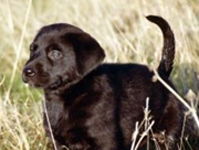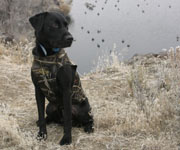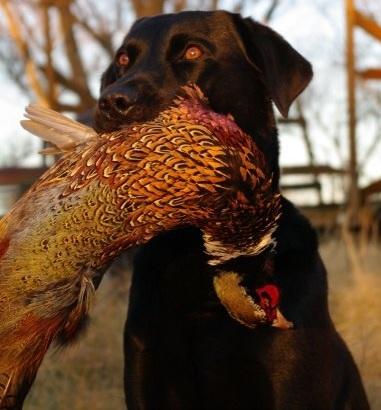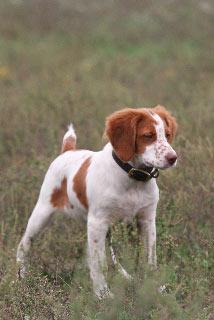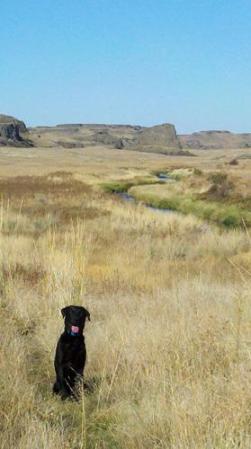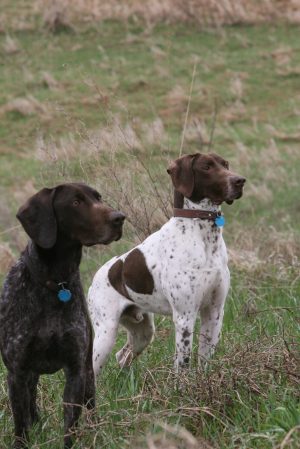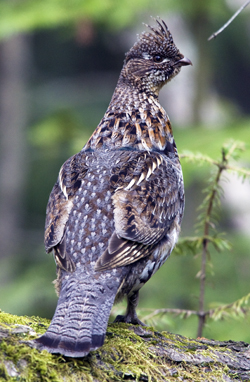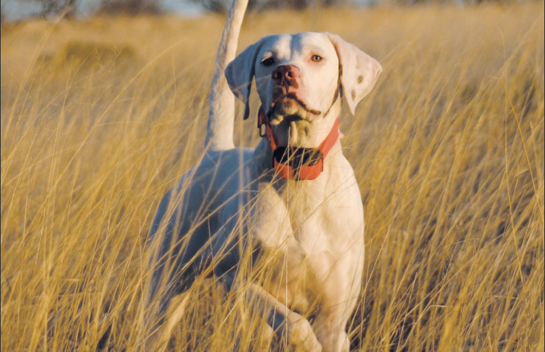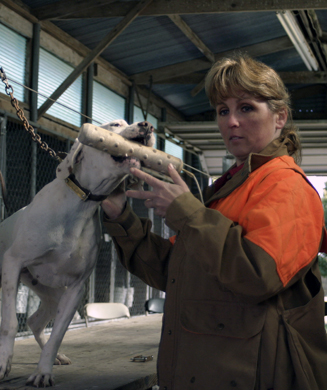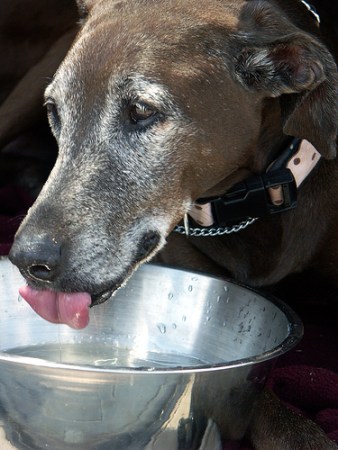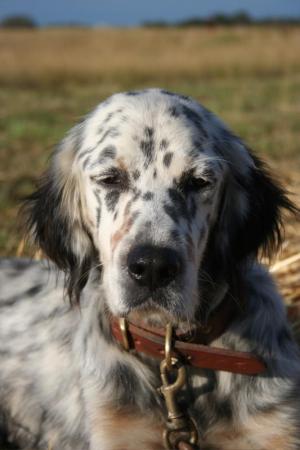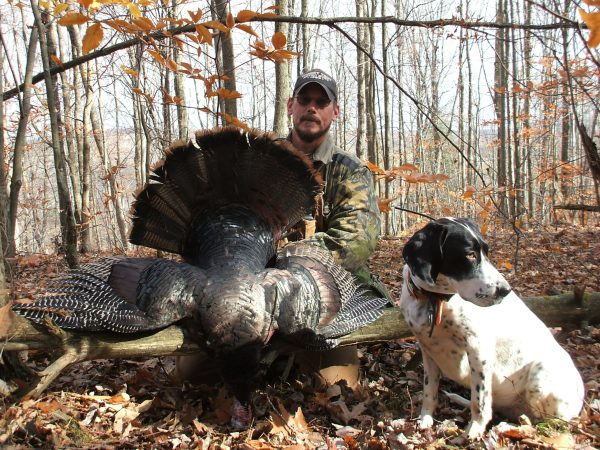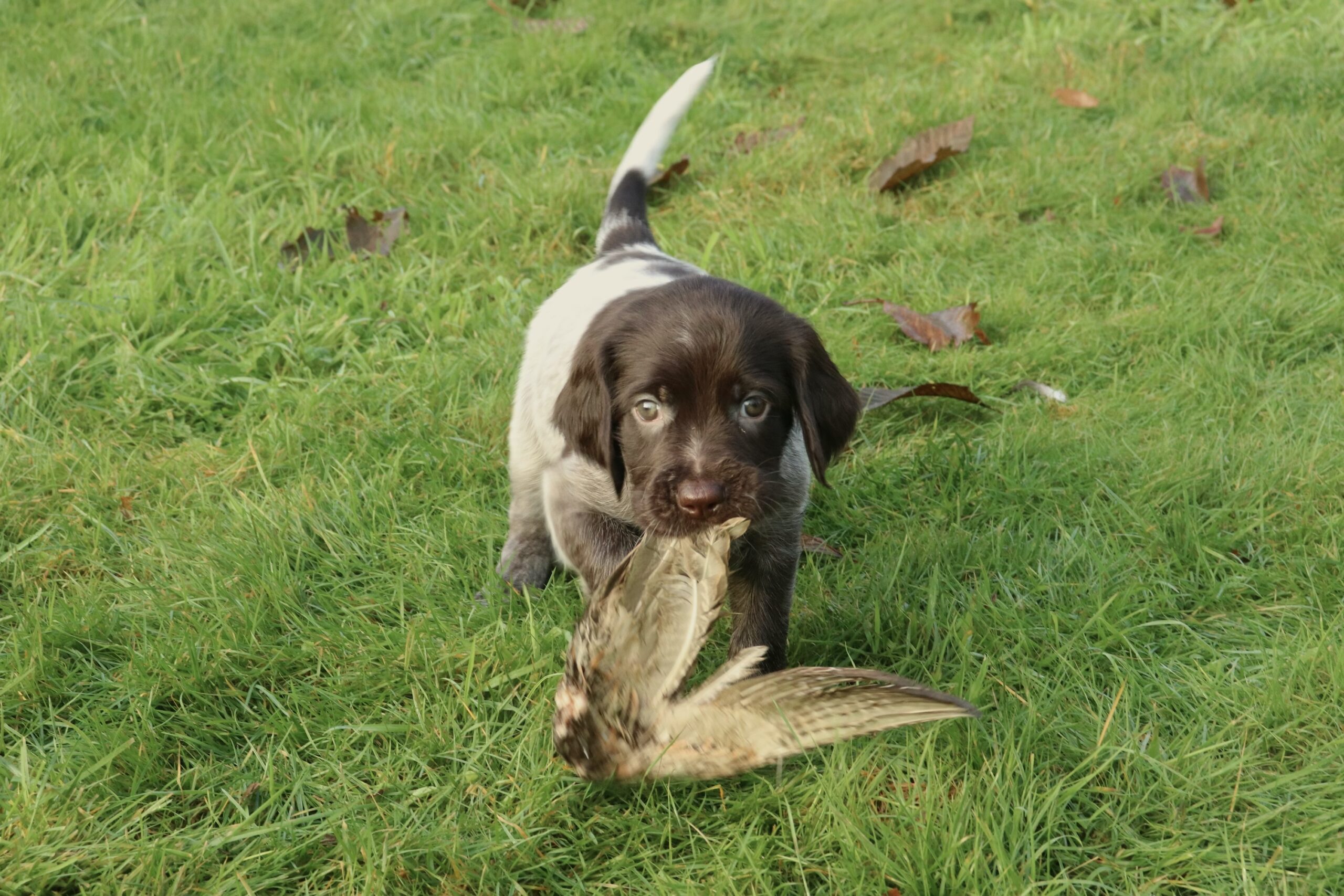
Modern, domesticated canines fill a wide variety of roles as companions, service animals, and working dogs. But what makes a dog a hunting dog? Does it rely on the registration paperwork from a kennel club, like AKC or UKC? If all dogs can trace their lineage back to apex predators (wolves), whether sporting breeds or toy breeds, wouldn’t they all stake a claim as hunters?
The Fédération Cynologique Internationale, or FCI, is a globally-recognized federation of kennel clubs. Within the FCI, dog breeds are neatly packaged into groups based primarily upon the dog’s type and function. Yet nothing precludes a border collie (Group 1: Sheepdogs) from hunting upland birds or a bulldog (Group 2: Molossoids) from retrieving ducks. The groupings are simply a human construction, rooted in the categorization that came about during the growth in scientific understanding of the Enlightenment period. This begs the question, then, what exactly does a dog need in order to be a hunting dog?
Author and historian Craig Koshyk put it quite simply, “A hunting dog is as a hunting dog does.” Does the dog hunt? Then it is a hunting dog. Humans have been hunting, fighting, traveling, cultivating crops, and herding animals for thousands of years. In most cultures, dogs helped them do all of those things. A dog can bring down a hog or deer, but it can also help ward off (or attack) enemies. A dog that was primarily used to herd sheep or goats could also be used to pull a cart or find rabbits and flush them.
Koshyk says, “In the past, certain broad categories of dogs were known, but there was a lot of overlap. It wasn’t until the 14th century that scholars began to write about more narrowly defined types of dogs with specific skill sets. Even then, unless they were among the ruling elite with the resources to keep and train many types of dogs, most hunters were open to the idea of using any dog they had at hand to help them bag game.”
By the 19th century, however, hunters entered the golden age of purpose-bred dogs with a hyper focus on specific skills and tasks. This is when many of the bird dogs that we know today came into existence.
But, honestly, what does it take to turn any dog into a hunting dog? Few dogs are truly born to hunt. Some are born with more natural hunting ability than others, but most have to be nurtured into a hunting role by their handler. It takes exposure and training to unlock the traits and teach the necessary behaviors to transform a pup into a gun dog.
Suppose you are looking for a bird dog to join you in the field, but you don’t have the money to buy a pup with pedigree. Or, maybe you already have a family dog and don’t have the space for another animal. Maybe your circumstances are such that you can’t commit to a high-drive breed. Whatever the reasons, if you’re considering alternative options to get out into the field with a dog, you don’t need a well-bred retriever or pointer by your side.
Take the Family Dog Afield
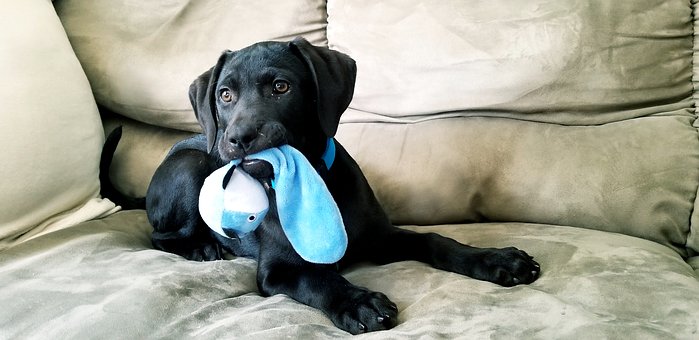
The most obvious place to look for your next bird dog might be in your living room. With Labradors and golden retrievers perennially atop the popularity charts, there are an awful lot of companion pets out there with bird-dog heritage. Sure, the average pet Lab may be several generations removed from field lines, but that’s not to say it is incapable of rekindling some basic instincts.
First things first, you must get your beloved couch potato into good physical shape. Dogs can be fit or not, just like humans, and a basic level of fitness is necessary to avoid injury in the field. Start an exercise regimen—in consultation with your vet—that will build and maintain endurance in your pup. A good fitness routine won’t hurt you, either.
Effective hunting relies heavily on a dog’s nose. The dog must possess the ability to translate and understand the scent that it is processing. With our versatile bird dog puppies, we start with nose work games at a very young age, such as sliding a piece of cheese along the kitchen floor for the young puppy to track and find. This teaches the pup to trust its nose and, ultimately, to have confidence as it pursues scent. You can drag a hot dog through the yard or play hide-and-seek with a favorite toy in order to start building the skills required for a dog to effectively employ its nose. These basic games can be a lot of fun and can start that foundation of teamwork between you and the pup.
As with any breed, it’s the birds that make a bird dog. Buy some pigeons or pen-raised chukar or quail and plan an introduction session with your dog. This will allow you to assess your dog’s prey drive and, if necessary, build some excitement for this whole hunting game. Be sure to control the situation such that the dog cannot catch and eat the bird, which will defeat the purpose of building basic hunting skills.
Start an Off-Breed on Its Hunting Path
Traditional bird dog breeds are the product of hundreds of years of selective, purpose-driven breeding for the traits most valued in bird hunting. That’s not to say, however, that they are the only dogs capable of putting their canine instincts to work on a bird hunt.
All dogs have some level of working drive, but some breeds are off-the-charts when it comes to desire to work. This is especially true for the herding and working breeds such as border collies, German shepherds, and rottweilers. These dogs are at their best when they have a job to do, so it’s entirely possible to harness this working drive into useful purposes for a bird hunter.
Trainer Nicole Johnstone hunts ducks and upland birds with her Belgian Malinois, Rumor. Johnstone says that Rumor’s versatility and strong drive made the transition from protection work to hunting fairly straightforward, even if she sometimes gets a second glance from other hunters.
“People like seeing her succeed and they think it’s cool to see a dog bred for police work out there working birds,” Johnstone said. “I just think she’s a great example of how much you can do with good training and a well-rounded dog.”
Read Next: Buy a Hunting Dog that Suits You (and No One Else)
Training a non-traditional dog breed to be a bird dog does require the right level of expectations for both you and the dog. Dogs bred for other purposes will have their own quirks and tendencies that must be accepted or overcome. Johnstone acknowledges these expectations in her experience with Rumor.
“I don’t expect her to be a Lab or a pointer, and I don’t expect her to beat those types of dogs at their own specialty. But Malinois are my favorite breed and I enjoy the [training] challenge to help show people that she can hang perfectly well for a weekend warrior like me.”
Consider Training a Rescue Dog into a Hunting Dog
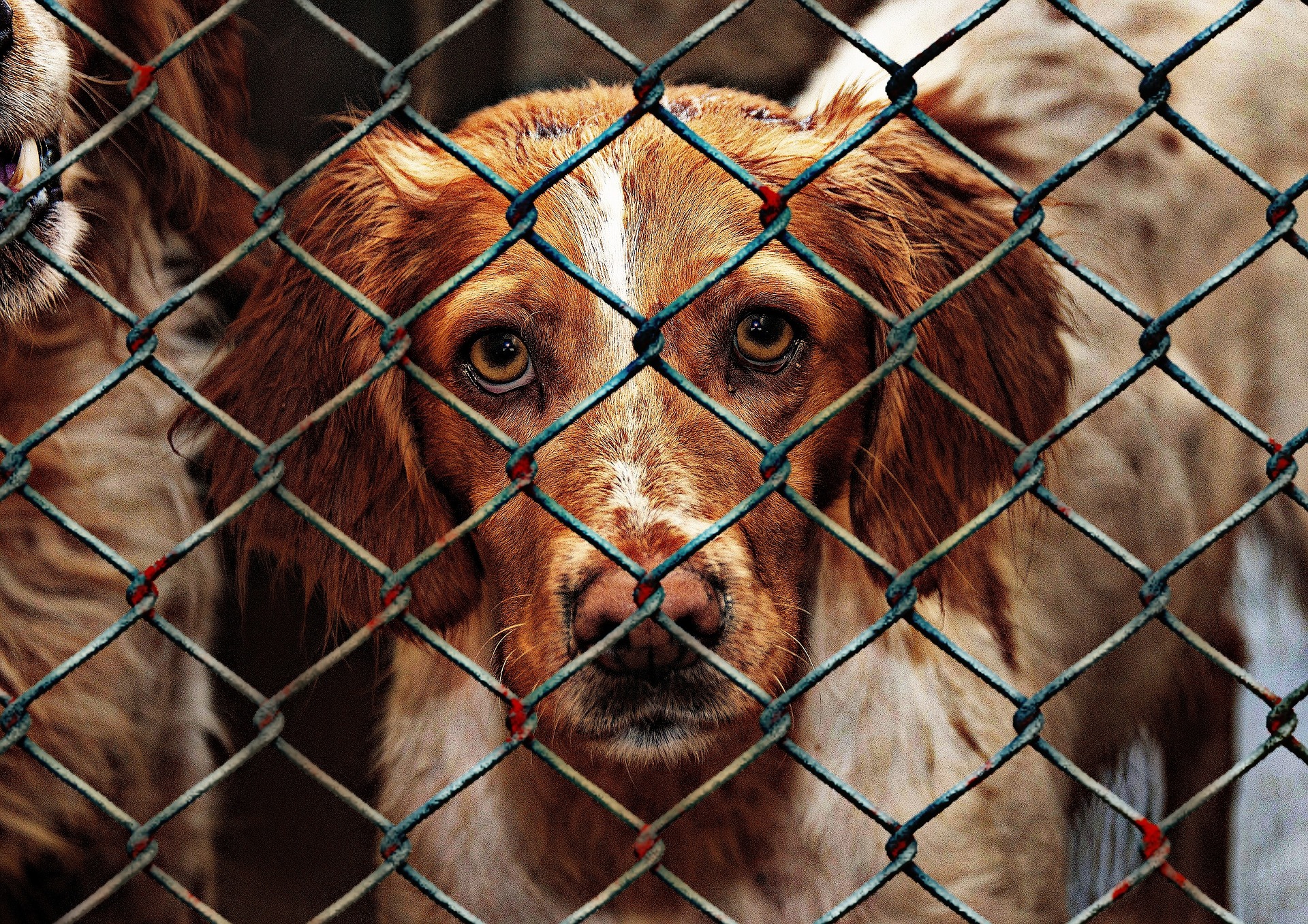
Any dog lover knows that dogs are a commitment for their entire lifetime (hopefully, 12 to 15 years). However, sometimes humans sadly don’t hold up their end of the bargain and the dog ends up in a shelter (around 3.3 million dogs end up in the shelter every year) or a foster home.
If you’re looking for a rescue dog to transform into a bird dog, start with some of the breed-specific rescue groups that specialize in finding homes for a particular breed. Ideally these groups will be able to give you some idea of the background of the dog before it came into the rescue, such as whether it had ever been hunted or whether there was any kind of trauma or abuse in its history.
Barring that, municipal and nonprofit shelters are always full of dogs that deserve a home where they will be given a second chance. While most of these dogs will be mixed and probably unknown breeds, it’s still possible to find a dog that can be transformed into a suitable hunting dog.
With any rescue dog, it’s probably best to assume the worst about its past. Assume that there could be fear around new situations and loud noises, especially gunfire. Proceed with caution when introducing the dog to unfamiliar situations. Use positive reinforcement to reward the dog for showing courage and curiosity. If at all possible, enlist the help of a professional trainer or an experienced friend to help with the dog’s training, especially as you are setting the foundation of learning and exposure to birds.
Manage Your Expectations
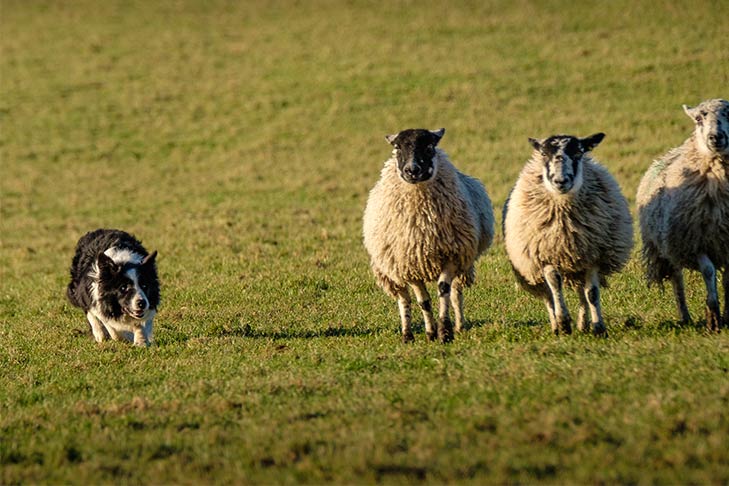
Any bird dog—purpose-bred or otherwise—needs proper exposure to hunting skills and scenarios in order to reach its potential in the field. This process takes time, patience, and care and corners cannot be cut. Ideally this process also involves lots and lots of birds, whether pen-raised or wild. Dogs need this experience in order to learn and reinforce necessary hunting skills. Don’t be shy about seeking help from a trainer, an experienced dog handler, or a local club, either. The bird dog community can do wonders in helping coax out the potential from your dog.
Be sure to manage your expectations, too, regardless of which route you choose. Dogs are not robots. Bird dogs from proven hunting lines are much more likely to have stronger natural hunting abilities, but that’s not guaranteed. On the other hand, while there are plenty of examples of non-traditional breeds finding success as bird hunters, those tend to be the exception and not the rule. Taking in a rescue dog is a wonderfully kind and compassionate thing to do, but the training plan needs to be flexible and adaptable based on the individual dog’s prior experiences. Keep your mindset focused on enjoying the experience, celebrating the progress, and accepting the dog (and yourself) regardless of the outcome. As any bird hunter knows, any day afield with a dog is worth the effort of getting out the door.
The bottom line is that hunting with a dog is an ancient partnership that requires adaptation and teamwork from both parties. If a purpose-bred bird dog puppy isn’t in the cards for you, consider taking an alternate route by using the family pet, a non-traditional breed, or a rescue dog. The road must be paved with patience but the journey can be just as rewarding.


